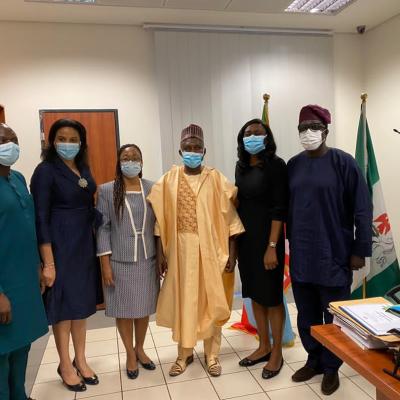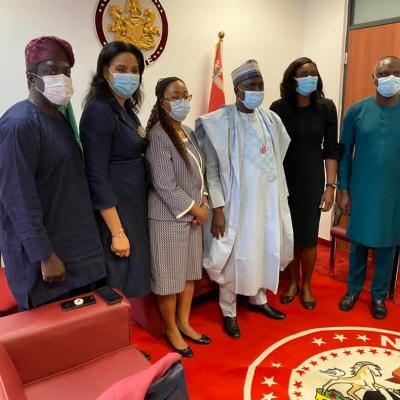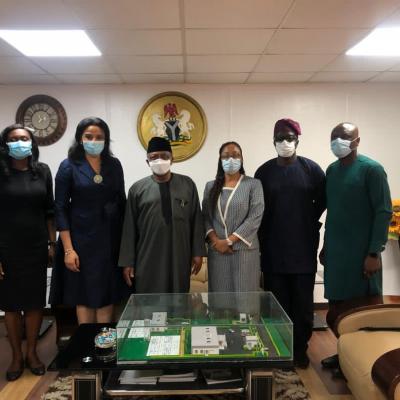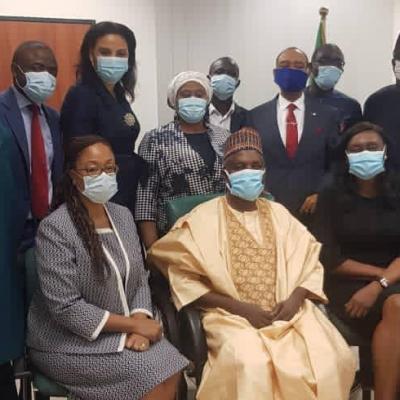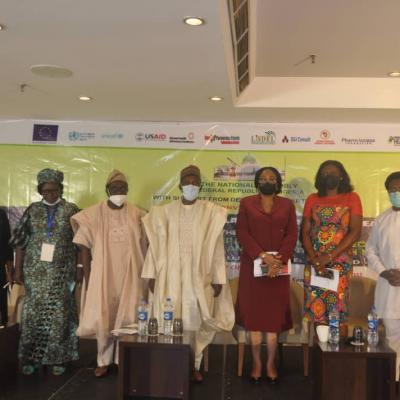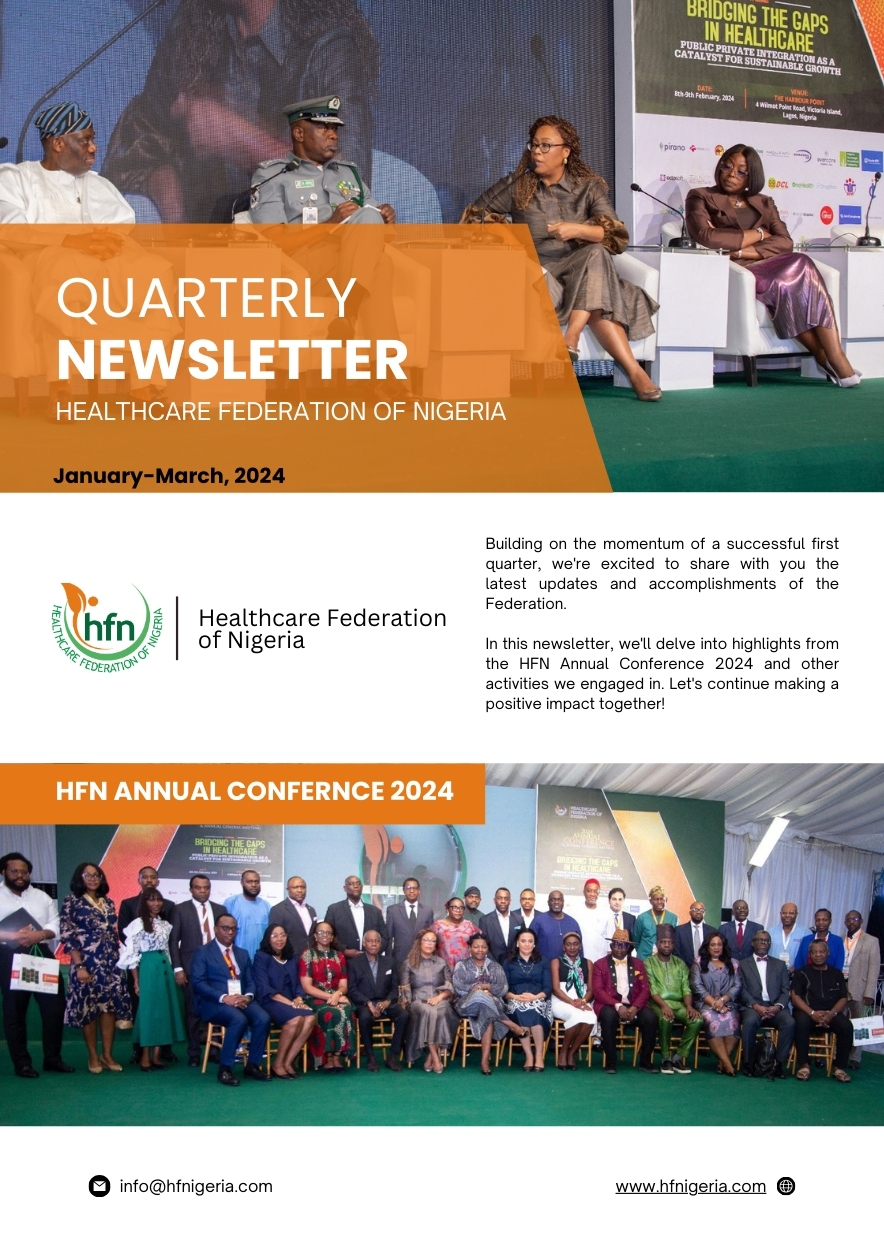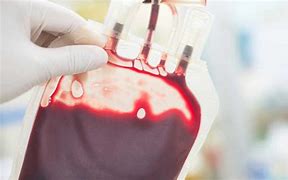 The National Coordinator, National Blood Transfusion Services, Dr. Joseph Amedu, says a survey by the Federal Ministry of Health indicated that 10 percent of all blood transfused in Nigeria may be unsafe, noting that they carry the risk of transmitting HIV, hepatitis B, C and syphilis.
The National Coordinator, National Blood Transfusion Services, Dr. Joseph Amedu, says a survey by the Federal Ministry of Health indicated that 10 percent of all blood transfused in Nigeria may be unsafe, noting that they carry the risk of transmitting HIV, hepatitis B, C and syphilis.
According to Amedu, the bulk of the unsafe blood in the country come from those commercially donated. He added that the risk of transmitting infectious diseases through blood transfusion is higher when blood is procured from commercial donors. Amedu stated this on Monday during the PUNCH Media Foundation webinar series.
The webinar was organised in commemoration of the 2021 World Blood Donor Day.
According to him, although blood is life, it can also be dangerous and can kill if not properly used.
The webinar with the theme, ‘Why Nigeria needs more free blood donors’, was aimed at creating awareness on blood donation.
It was also to stimulate greater public interest in voluntary blood donation.
World Blood Donor Day takes place on 14 June each year. The day aims to raise global awareness on the need for safe blood and blood products for transfusion, as well as the critical contribution voluntary, unpaid blood donors make to national health systems.
The 2021 World Blood Donor Day is themed: Give blood and keep the world beating.
Calling on Nigerians to come out and freely donate blood, the national coordinator revealed that out of about 500,000 blood units collected in Nigeria annually, only five percent are from voluntary donors.
Amedu explained, “Commercial blood donations constitute the largest portion of the country’s blood source which is also the case of most low-income countries.
“Commercially donated blood is not very safe for transfusion at all. 10 percent of all blood transfused in Nigeria carry the risk of transmitting HIV, Hepatitis B, C and syphilis, according to a survey by the Federal Ministry of Health.
“And because blood transfusion is a known risk factor for the transmission of infectious disease including viral infections, it is important for us to be aware of the source of the blood we get.
“The risk of blood transfusion is increased by blood procured from commercial donors who largely belong to high-risk groups because they undergo unsafe practices such homosexuals, those injecting drugs.
“And because we are not sure of the lifestyle of people that donate blood, we view commercial blood donation as very unsafe for transfusion.”
He notes that increasing the voluntary blood donor base in Nigeria is critical to ensuring the availability and accessibility of safe blood in the country.
Responding to questions from participants on the issue of the sale of blood, the national coordinator said that blood is not usually sold, but noted that money paid in the hospital for blood is for screening and not for the blood itself.
He said, “First, let me say here that blood is not sold at all. We need to process this blood to make it free from infectious diseases. For us to provide a unit of blood, it costs us between N35,000 to N40,000 to make one.
“So, what we collect is an access fee of N6,000 to enable us to process this blood for use.”
He urged the media to demystify the myth around blood donation so that people can come out and freely donate blood.
“Let there be an enabling environment for blood donation and transfusion especially in terms of infrastructure, equipment, reagents and consumables so that people can have access to cheap blood.
“The more investment government makes in the blood services, the lesser the access fee for people to get safe blood.
“I want to commend PUNCH Media Foundation for this sensitisation because it will help Nigerians see the need why they should donate blood”, he said.
The webinar also featured other speakers including, Lagos State Branch Secretary, Nigerian Red Cross Society, Olakunle Lasisi; Founder and Chief Executive Officer of the International Society of Media in Public Health, Moji Makanjuola; and Founder, Action on Blood, Abiola Okubanjo.
It also featured various presentations and poems on the importance of voluntary blood donation by students from Platform Schools, Graceland Schools trand Dobar Comprehensive College.
source: Punch

